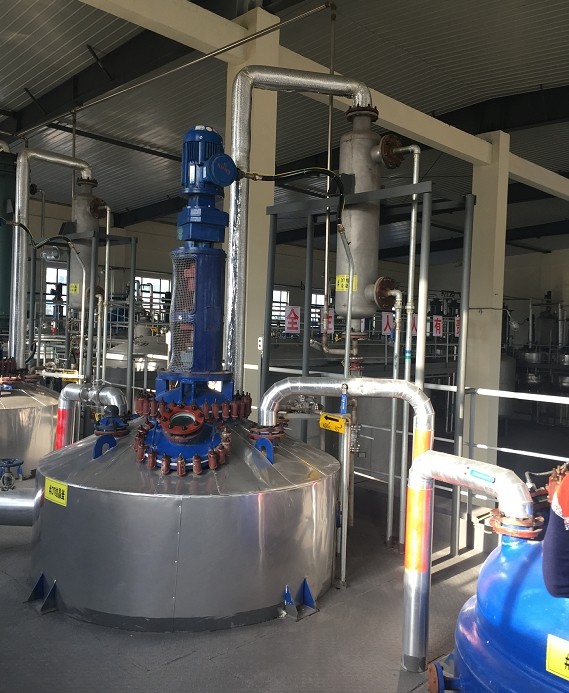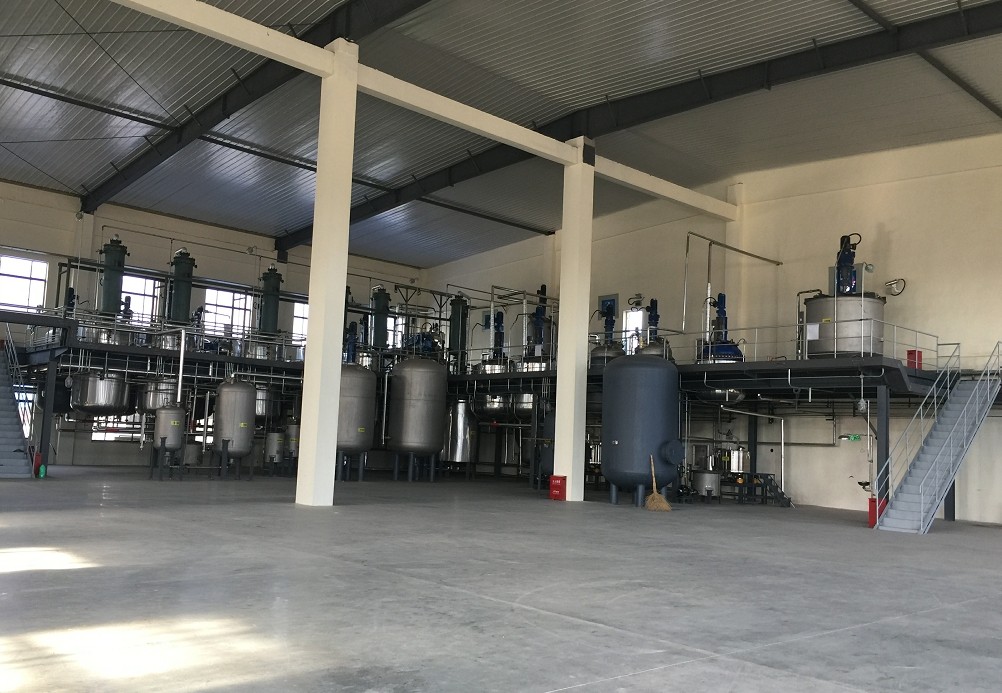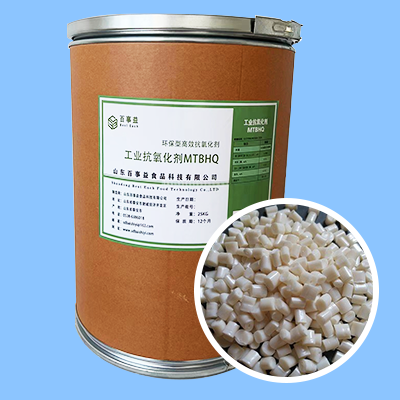Polymerisation blocking agent
According to the principle of polymerization can be divided into two categories: p-phenylene wake in the absence of oxygen, the direct reaction with free radicals, the formation of a semi-kun intermediate, and then react with another free radical to form stable compounds, hydroquinone and derivatives are in the presence of oxygen, the free radicals and oxygen reaction to form a peroxyl radical, the peroxyl radical and hydroquinone reaction to form a free radical complex, the complex and then another peroxyl radical reaction to form stable compounds The complex reacts with another peroxyl radical to form a stable compound
( 1)Stability in chemical reaction
Parylene is more effective in stabilizing the reaction process, but it discolors the resin. (In the absence of oxygen molecules)
Di-tert-butylhydroquinone, its boiling point is high (313 ° C ) role in the stabilization, in the normal temperature can also play an effective stabilizing effect.
Tert-butylhydroquinone is the most effective
( 2) Stabilizing effect in the dilution of polycooling and cross-linking monomers
MTBHQ 11h, THQ 10h, BQ 10h, HQ 5.5h, DTBHQ 3.5h, TBC 2h, no polymerization blocking agent <1h.
( General purpose resin containing styrene 40%, placed at 114C, add polymerization blocking 0.05% mass fraction)
==> MTBHQTGQ,BQ is a high-temperature polymerization inhibitor HQ, DTBHQ medium-temperature polymerization inhibitor TBC low-temperature polymerization inhibitor.

Polymerization
(3) Most of the polymerization inhibitors can be used in the dilution of polycool, but some of the polymerization inhibitors have unfavorable effects on the solid performance of the resin when they are engaged in the Londo. Benzene, hydroquinone and tert-butyl hydroquinone are more effective than other polymerization inhibitors at low concentrations. The effect of tert-butyl hydroquinone is better, and its scope of use is wider.
( 3) Storage stability of end-initiated polyvinyl acetate
log 1000/tg=K1000/T
Tg----gel time T----absolute temperature, k;K----proportionality of constant maturity
By determining the gel time of the polymerization-resistant resin specimen at two different temperatures, the value of K can be derived, and the storage time at the predetermined temperature can be obtained
The stability at 114 degrees Celsius is 5 hours longer than that of the methyl gas formulation (at 0.05%).
However, the stability at room temperature is about 1/4 time less than that of hydrogen.







